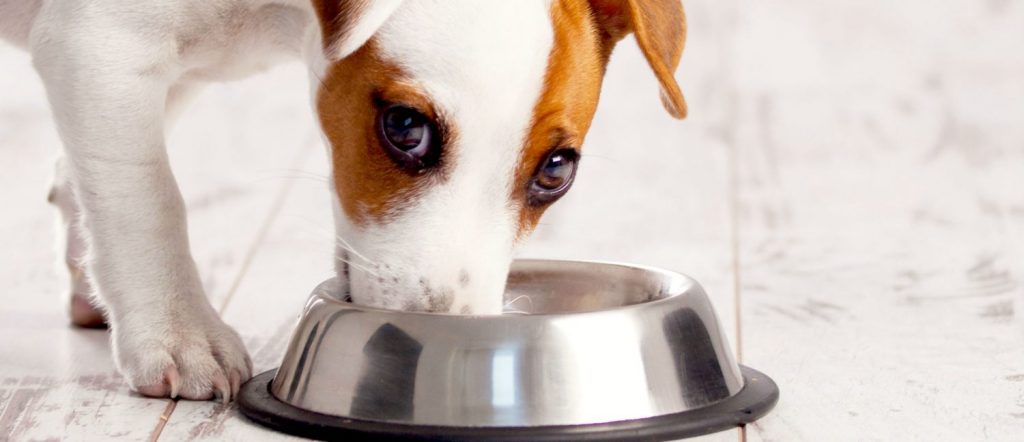Hi Audrey,
Thanks for your question.
There is no way for me to know what is going on here as there is very little detail in your question, however, I can give you some general advice for dealing with scenarios like this.
Vomiting can be due to over a hundred different reasons so figuring out the cause at home will be difficult. How you respond and deal with it is what is most important.
The first and most important point I’ll make is that nothing replaces a thorough physical examination and consultation with your veterinarian, so I encourage you to do that. If it’s not an option, I can give you some thoughts but I can’t give you an answer.
If you’re seeing the kibble in the vomit and some pieces are whole or not chewed up, you’ll want to consider dental disease as a cause. If they have oral pain from dental disease, they avoid thoroughly chewing their food. The large kibbles are then irritating to the stomach and they can vomit soon after as you describe.
Sometimes an antacid medication can help if you’re dealing with hyperacidity or gastric reflux. You’ll want to ask your veterinarian about this.
It’s always a good idea to check for parasites that would be irritating the gastrointestinal system. Having your veterinarian perform routine wellness testing such as blood work, a urinalysis and X-rays would be a good idea.
I have a heavy warning for you. A pet with vomiting will be experiencing water losses and can become dehydrated rapidly. The symptoms of dehydration are lethargy, listlessness, dry gums, dullness, reduced appetite, and weakness. The longer you wait to treat this, the worse it can get. Many pet owners will try to force water on their pet which could result in more vomiting and a worsening condition. For this reason, it is always ideal to seek veterinary attention even if it is just to have them assess the level of hydration and seriousness of the condition.
You may want to act quickly for other reasons as well. If your dog has played with a new toy or treat recently, they could have ingested some of it and may have a blocked gastrointestinal system which is an emergency. Look around the house for new items like toys, especially chewed up or destroyed ones, new plants, renovation materials, poisons, fertilizers, and any other toxins that they could have gotten into. Chances are more likely that it is a viral or bacterial infection much like us getting ‘food poisoning’ but you can’t be certain of anything so again, it’s good to seek medical attention early.
If it doesn’t resolve rapidly, I would recommend you visit your veterinarian for some diagnostics and a physical exam. Some common causes are gastrointestinal parasites, viral infections, dietary sensitivity, a bacterial infection in the digestive tract, and dietary indiscretion which is a fancy way of saying that your dog could have eaten something off the ground that has upset their stomach, or an ingested object that is irritating the gastrointestinal system. Keep in mind that general symptoms like vomiting can be indicative of more complicated diseases such as Cushing’s disease, renal disease, liver disease, or even gastrointestinal cancers. Talk to your veterinarian about a list of tests you can perform but also a list of treatments to try. In an ideal world, we would perform all the tests on the first day and get an answer, but many people choose to do a few broad tests while implementing general therapy for a suspected condition, that way you may find the cause on a test, but if not, one of the treatments may have worked to solve the condition in the meantime.
I hope this helps. Good luck!
Dr. Clayton Greenway

